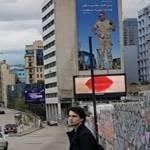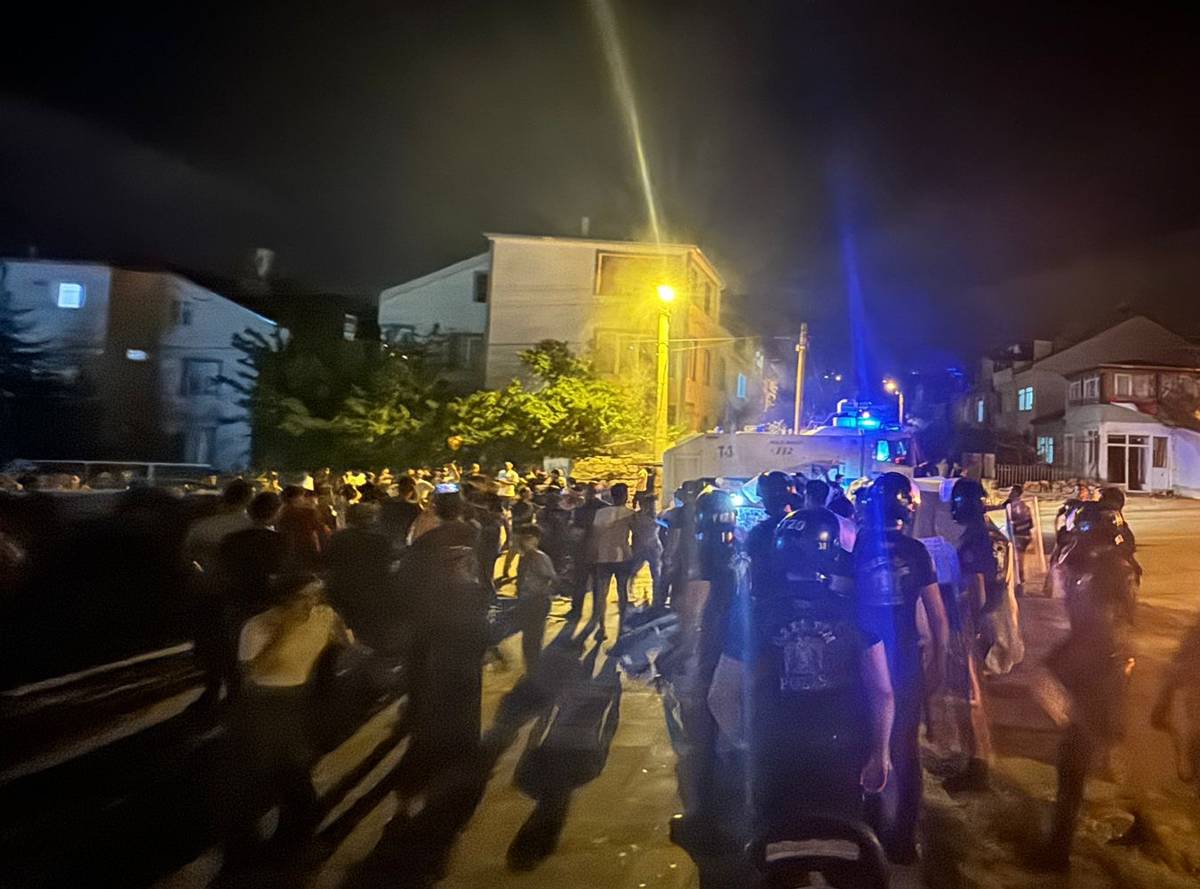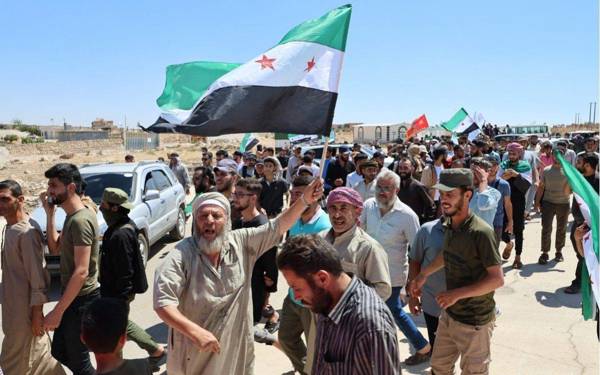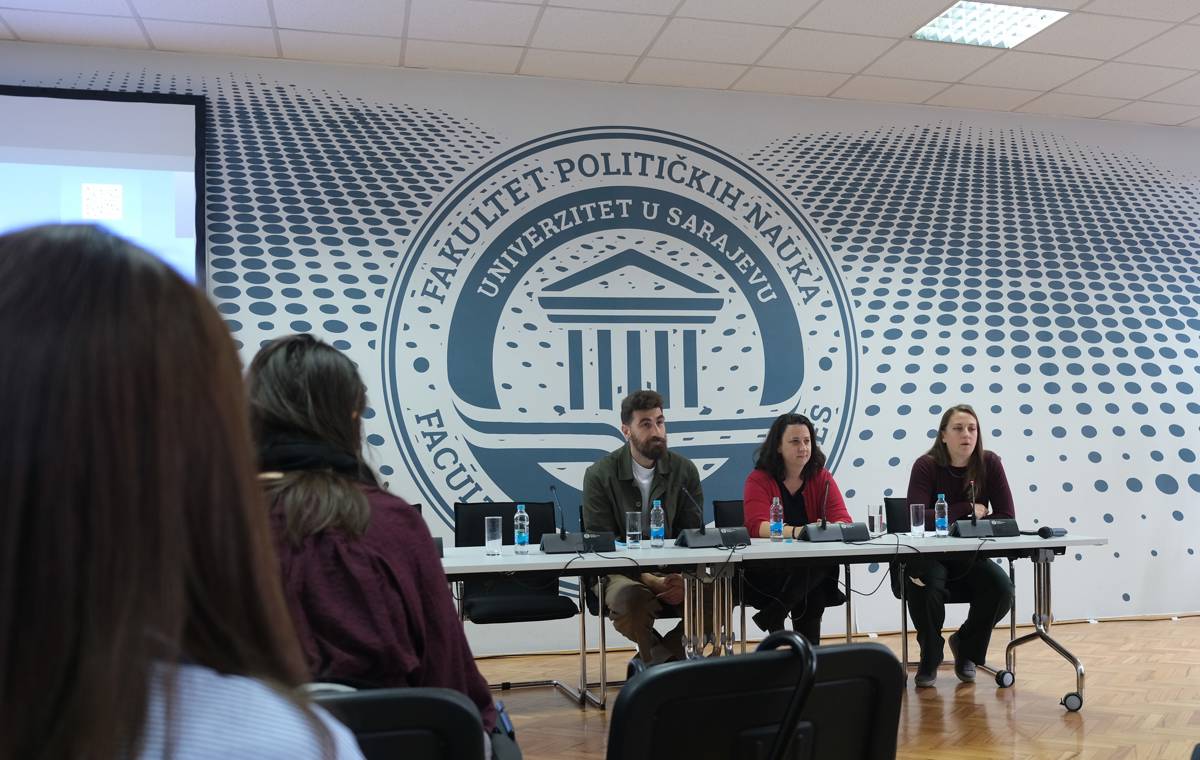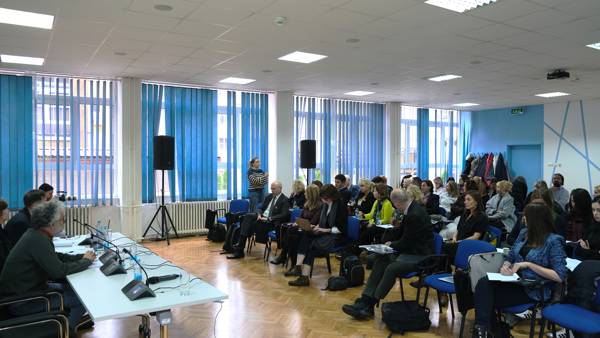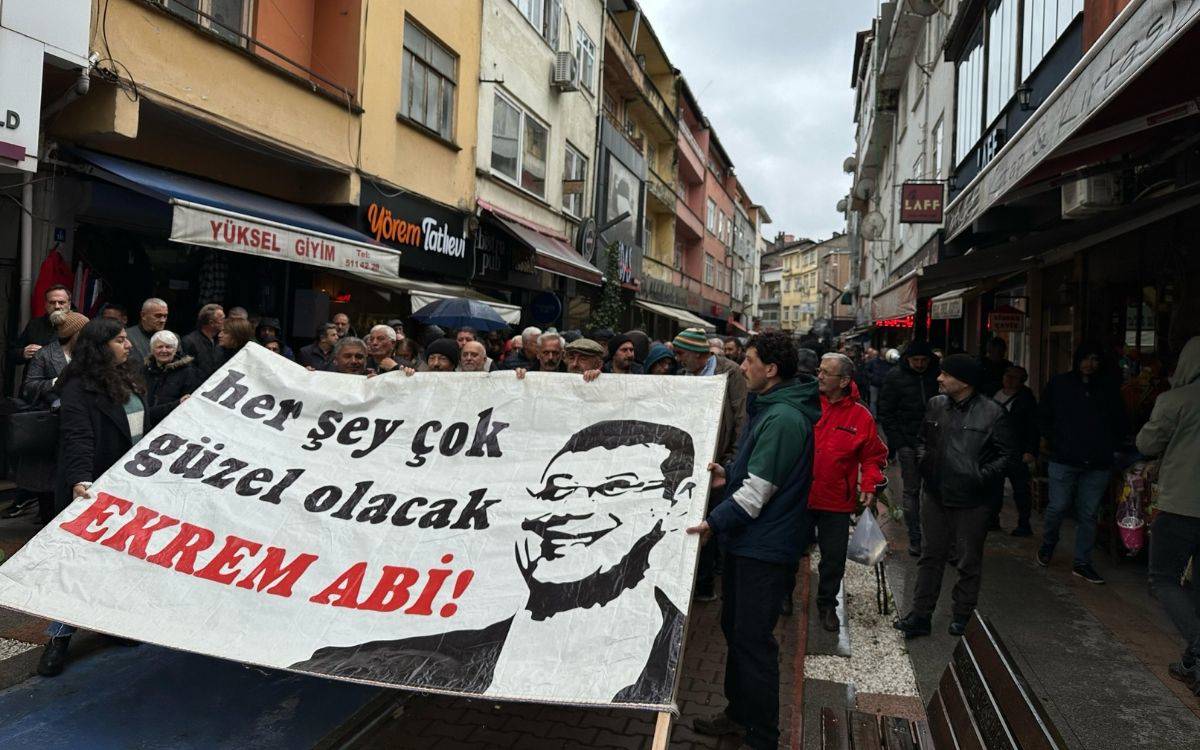- Violent protests against refugees erupted in Kayseri late Sunday after news broke that a child had been abused by a Syrian refugee. The suspect was arrested.
- The incidents continued until 2 am, resulting in the detention of 67 individuals.
- The government stated that it would not tolerate xenophobia and blamed the opposition's anti-refugee rhetoric for the unrest.
- The opposition, on the other hand, accused the government of failing to manage the refugee issue.
- The events prompted counter-protests in northern Syria, where angry demonstrators took down Turkish flags.
An incident of the alleged sexual assault on a child in Kayseri, central Turkey, turned into violent protests targeting the refugee community of the city on Sunday evening.
The Kayseri Governor's Office confirmed the incident, stating that “a Syrian national was detained by our security forces following an alleged harassment of a young Syrian child, who is now under our protection.”
The suspect was remanded in custody by a court on Monday.
While the authorities attempted to appease the public, protests against the incident escalated into targeted attacks on homes, shops, and vehicles belonging to refugees, prompting police intervention that resulted in the arrest of 67 individuals, according to Interior Minister Ali Yerlikaya.
“Yesterday evening in the Eskişehir Bağları area of Melikgazi, Kayseri, a Syrian national named I.A. was apprehended by local residents after allegedly molesting a young Syrian girl, who is his relative. He was handed over to the security forces, and an immediate investigation was launched,” the minister said in a written statement on Monday.
“However, later on, our citizens gathered in the area and, in actions inconsistent with our humanitarian values, illegally damaged properties, businesses, and vehicles belonging to Syrian nationals.
“During the intervention by our security forces, 67 individuals were detained. The crowd dispersed after 2.00 am.
“Turkey is a state of law. Our security forces continue to combat all crimes and criminals today, just as they did yesterday. The esteemed Turkish justice system will impose the necessary penalties on the offenders.
“It is unacceptable for our citizens to cause harm to the environment without considering public order, safety, and human rights.
“We cannot allow xenophobia, which is not part of our beliefs, civilization values, or the record of our noble nation.”
President Recep Tayyip Erdoğan echoed the minister’s statement, saying that “stirring up xenophobia and hatred towards refugees will lead nowhere.”
Speaking at a meeting of his AKP on Monday, Erdoğan held the opposition responsible for the incident due to their anti-refugee stance. “One of the reasons for the unfortunate incident caused by a small group in Kayseri yesterday is the opposition's toxic rhetoric. Vandalism and setting the streets on fire are unacceptable, no matter who is responsible.”
Counter-protests in northern Syria
The incidents in Kayseri have sparked counter-protests in areas of northern Syria controlled by the Turkish army and its ally, the 'Syrian National Army' (SNA).
Following calls for protests in the 'Euphrates Shield' region, Turkish flags were taken down from some official buildings in Azaz, al-Rai, and Mare, the London-based Syrian Observatory for Human Rights (SOHR) reported.
At the Bab al-Salameh Border Crossing opposite Kilis, protesters attempted to block commercial vehicles coming from Turkey and vandalized vehicles with Turkish license plates.
SOHR also noted that following the racist attacks in Kayseri, Syrians have been sharing posts on social media under the hashtag "Great Prison." The Observatory stated, "This campaign was launched to condemn the increasing human rights violations and forced deportations of Syrian refugees by Turkish authorities."
Opposition's reaction
The opposition parties, on the other hand, blamed the government responsible for the incident due to its perceived failure in the management of the refugee issue.
Aşkın Genç, an MP from the main opposition Republican People's Party (CHP) representing Kayseri, said, "The growing migrant crisis day by day is the result of the government's indifferent and solutionless policies. Turkey urgently needs to develop a migration policy that considers social harmony. It's time for action, not words."
İsmail Özdemir, an MP with the government-allied Nationalist Movement Party (MHP) deputy from Kayseri, commented on the situation, "The inhumane act committed against our child in Kayseri has been met with the detention of the Syrian individual and the initiation of legal proceedings."
He urged, "It is crucial to heed the statement made by the Kayseri Governor's Office and to avoid provocations that could disturb the peace of our fellow citizens. As MHP, we expect that our Syrian guests will be returned to their country honorably and as soon as possible, ensuring the peace and security of Turkey."
The most recent mass violent protests against refugees occurred in 2021 in the capital, Ankara. In the Altındağ district, after a local resident was killed in a fight between locals and refugees in a neighborhood with a high refugee population, local residents attacked the homes and businesses of refugees.
Anti-refugee sentiment in Turkey
Turkey hosts the largest number of refugees globally, with 3.6 million registered Syrians and approximately 320,000 refugees of other nationalities, according to the United Nations High Commissioner for Refugees (UNHCR). The exact number of irregular migrants in the country remains unclear.
In Kayseri alone, there are about 83,000 registered Syrian refugees as of May 2024, based on data from the Ministry of Interior.
While the government defends its refugee policies often utilizing religious discourse, refugees from Syria and other nations are often seen as cheap labor, earning below minimum wage. A 2021 TEPAV study revealed that nearly all employed Syrian refugees work informally. Many businesses hire them to avoid the rising minimum wage costs. Last year, Deputy President Cevdet Yılmaz acknowledged the need for a ‘regular flow of migrants’ to fill labor gaps.
Anti-refugee sentiment in Turkey has also been a growing concern, particularly in the context of the country's economic challenges.
A study conducted this year by Ipsos for the UNHCR across 52 countries has revealed that Turkey has the highest rate of anti-refugee sentiment among these nations. The survey shows that 77% of respondents in Turkey support completely closing the country's doors to refugees, compared to a global average of 44%. Additionally, 70% of the public in Turkey believe that refugees coming to Turkey are not fleeing war, but seeking a more comfortable life.
The study also highlighted how support for refugees is declining in several countries due to national security concerns. The findings indicate that support has decreased by 93% in Kenya, 81% in Greece, 75% in the United Kingdom, 74% in Germany, 70% in the United States, and 57% in Turkey. (VK)




